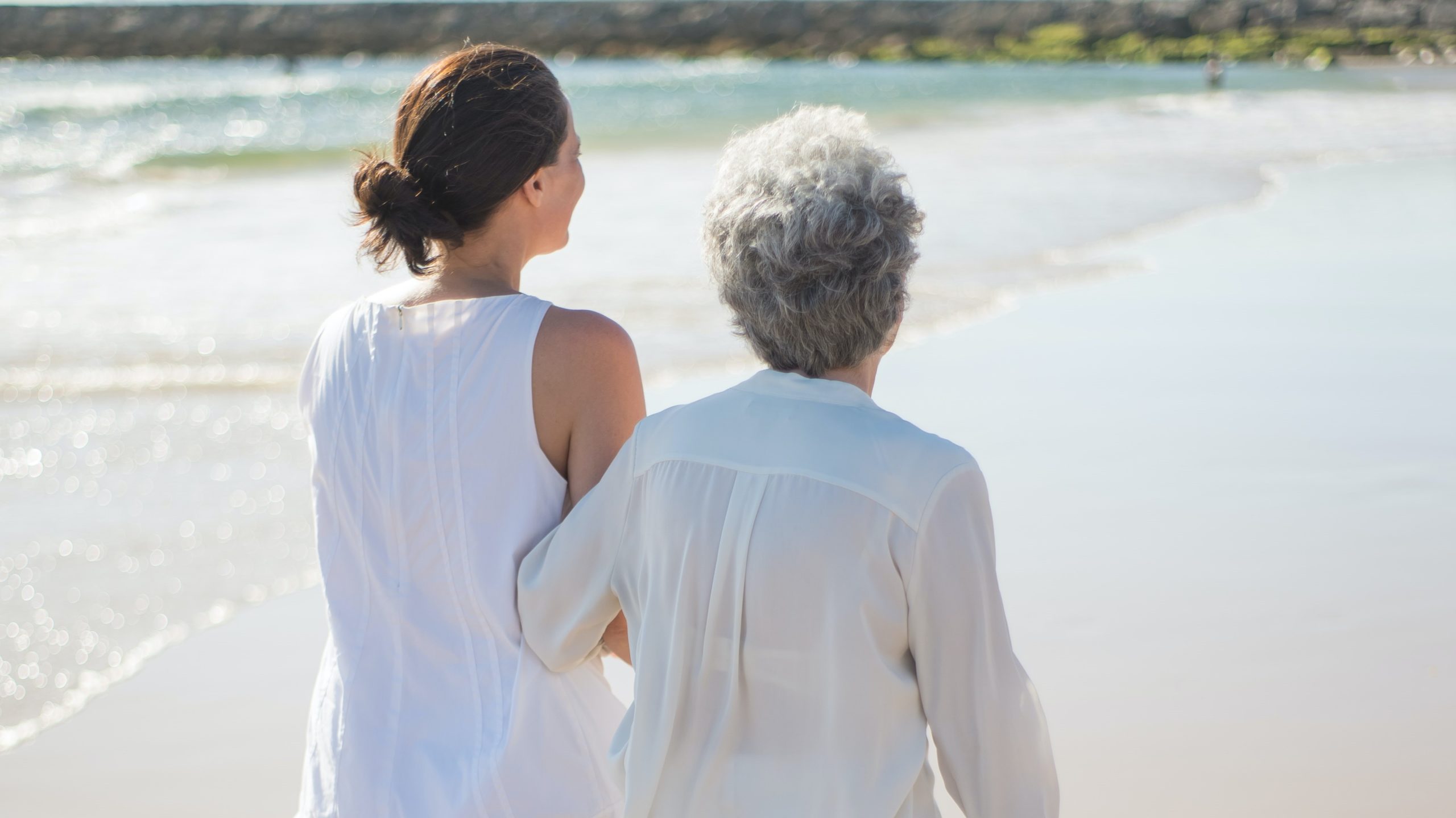
By GO2 for Lung Cancer with Jamie L. Studts, PhD, Professor of Medical Oncology and Scientific Director of Behavioral Oncology, University of Colorado School of Medicine; GO2 for Lung Cancer Scientific Leadership Board Member; International Caregiver Survey Working Group
Caregivers for patients with lung cancer offer vital support to the lung cancer community—from attending medical appointments and making financial contributions, to holding down the family fort. As a result, caregivers can experience many of the same emotions as patients, including shock, anxiety and exhaustion.
Because of the unfortunate stigma associated with lung cancer, caregivers may also encounter all of the same stigmas that their loved ones face. A wife might turn to a friend to discuss her shock around her husband’s lung cancer diagnosis and the friend might respond, “Oh, well your husband smoked for years, didn’t he?”
As difficult as dealing with stigma is for the patient, it is equally difficult for the caregiver.
Caregivers often help people with lung cancer learn about their disease, perform daily tasks and manage the complex emotional struggles that start at the moment of diagnosis. For the caregiver, however, this adds to their own personal stressors—whether from taking care of their kids and working to having their own complex feelings and experiences. Maybe they are angry at their loved one for having smoked at some point in their life or maybe they are worried about the financial burden that comes with expensive treatments. As scary as lung cancer can be at times for patients, it can also be scary for caregivers.
As the lung cancer therapeutic landscape has changed in the past decade, more people with lung cancer have become survivors and advocates. Researchers and clinicians have started to better understand the patient experience thanks to advocates participating in everything from committees that allocate government funds to research projects educational conferences for lung cancer care providers and clinical trial design. As the lung cancer community has benefited tremendously from patient advocates; now it is time that we include the unique needs and challenges caregivers face in the co-survivorship experience.
Although caregiving can be a profoundly valuable, heartwarming and life-enhancing experience, there can also be associated guilt when it comes to self-care. Oftentimes caregivers feel their problems pale in comparison to those of their loved one who has lung cancer (i.e., “Who am I to complain about feeling stressed when my mom is the one with lung cancer?”).
Caregivers are essential to the overall strength and vitality of the lung cancer community, and they also deserve compassion and support.
To take the first step in developing tailored caregiver support and interventions, the Global Lung Cancer Registry released a new targeted survey. The survey was conceived by GO2 for Lung Cancer staff and created in partnership with multiple caregivers, researchers, patients and advocates from around the world. The survey takes approximately 15 minutes to complete and consists of questions that focus on caregiver mental health and wellbeing, coping mechanisms, financial contributions to their loved one’s care, and the different ways that caregivers find and define value while caring for a person living with lung cancer. Participants are asked to complete the survey twice over six months to capture changes in their experiences.
Through its Global Lung Cancer Registry, GO2 for Lung Cancer team members will collaborate with researchers to analyze survey responses as they are submitted, allowing for an enhanced understanding of the co-survivorship experience. The results will be shared around the world thanks to global educational platforms for research dissemination created by the International Association for the Study of Lung Cancer and other partner organizations. The knowledge gained from this collaboration will enable GO2 for Lung Cancer, through its Centers of Excellence network of community-based medical facilities, to develop new programs based on the most urgent caregiver needs and to tailor existing resources to individual caregivers.
Caregivers will be more robust, prepared and grounded in their caregiving if they can also experience support and find opportunities and resources to take care of themselves. We hope that completing this survey will be a great start to navigating complex feelings and experiences associated with survivorship and caregiving.
Take a step toward creating a strong caregiver support network. Join the Global Lung Cancer Registry to complete the caregiver survey today!

Leave A Comment